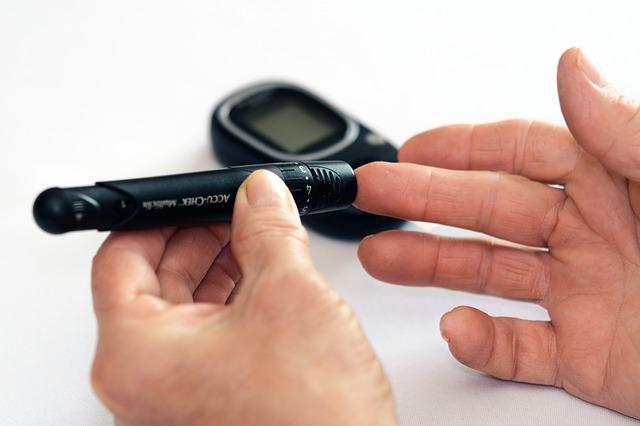5 Tips on Managing Your Medical Device Applications
As a medical professional, managing your device applications is crucial to success. However, juggling all of the different applications and keeping them up-to-date can be difficult. We’ve put together five tips on managing your medical device applications effectively.
1. Keep Track of Deadlines
One of the most important aspects of managing your medical device applications is to keep track of deadlines. The FDA has strict deadlines that must be met for your application to be considered complete. If you miss a deadline, your application may be automatically rejected. Additionally, it is important to remember that the FDA may request additional information or clarification during the review process. As a result, staying organized and keeping track of all correspondence with the FDA is essential. By following these simple tips, you can ensure that your medical device applications are managed effectively.
2. Follow the Guidelines Provided By Your Manufacturer
It is essential to follow the instructions provided by your manufacturer. Regulatory information management software can help you keep track of all the regulatory requirements for your medical devices. By keeping track of these requirements, you can ensure that your devices are up to date and compliant with all the latest regulations. In addition, this software can also help you keep track of your device inventory and maintenance records. Keeping track of these records ensures that your devices are properly maintained and ready for use when needed. These simple tips help ensure that your medical devices comply with the latest regulatory guidelines.
3. Backup Your Data Regularly
Data is the lifeblood of any medical device company. This information must be accurate and accessible from patient data to financial records at a moment’s notice. That’s why it’s critical to have a robust backup and disaster recovery plan. Backing up data helps to ensure that it can be recovered in case of a system failure or malware attack. Many ways to backup data include cloud-based solutions, removable media, and on-site backups. While each method has advantages and disadvantages, choosing a method that fits your company’s needs and budget is the most important thing. Regularly backing up your data is the best way to protect your business from an unforeseen disaster.
4. Store Your Passwords in a Safe Place
Any online application that manages medical devices, such as inventory management, patient records, or appointment scheduling will require a login. Creating a strong password is essential for protecting sensitive information, but it can be challenging to remember multiple complex passwords. A password administrator can help by generating and storing passwords securely. When choosing a password manager, look for one that offers Two-Factor Authentication for an extra layer of security. Once a password manager is set up, only store the passwords necessary for your work. Keeping an up-to-date list of login credentials will help you ensure that only authorized individuals have access to your data.
5. Use a Quality Management System to Ensure Your Product is Safe and Compliant
One of the most important tips for managing your medical device applications is to use a quality management system (QMS). A QMS can help you to ensure that your product is safe and compliant with all relevant regulations. It can also help you track and improve your product’s quality over time. There are many different QMSs available on the market, so choosing one that is right for your company is important. You should also ensure that your QMS is regularly updated and audited by an independent third party. By following these tips, you can help to ensure that your medical device applications are managed effectively and efficiently.
Conclusion
Medical device applications are subject to several regulations. As a result, ensuring that your devices comply with all the latest rules and guidelines is essential. There are many ways to successfully manage medical devices, including ensuring a dedicated person or team to handle medical device applications, being proactive about maintenance, and having a clear process for when something goes wrong. By having a dedicated person or team to handle medical device applications, you can be assured that someone is constantly monitoring the devices and keeping track of updates or changes that need to be made. Additionally, being proactive about maintenance helps to prevent any future issues with the devices and ensures that they will work when needed.





























